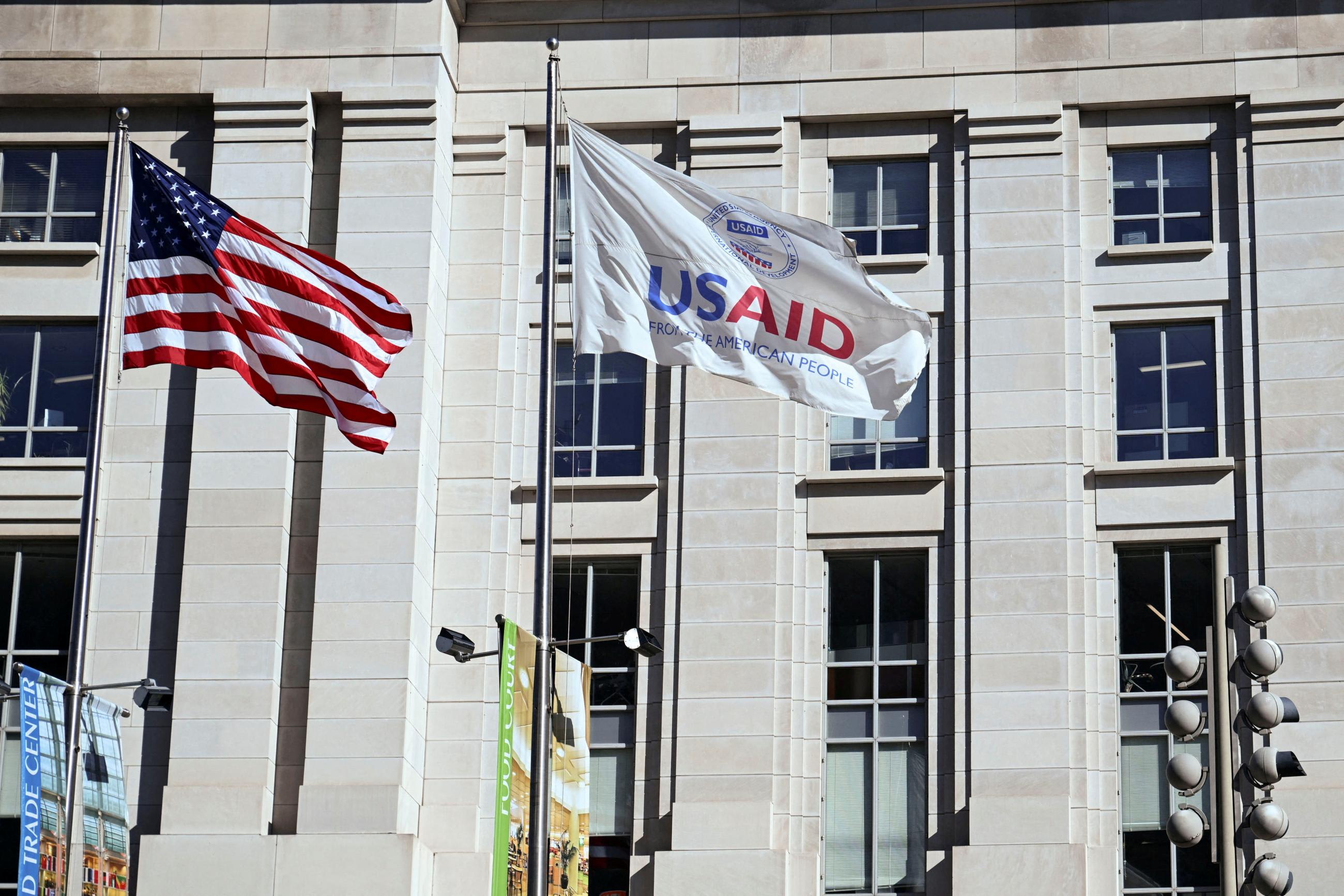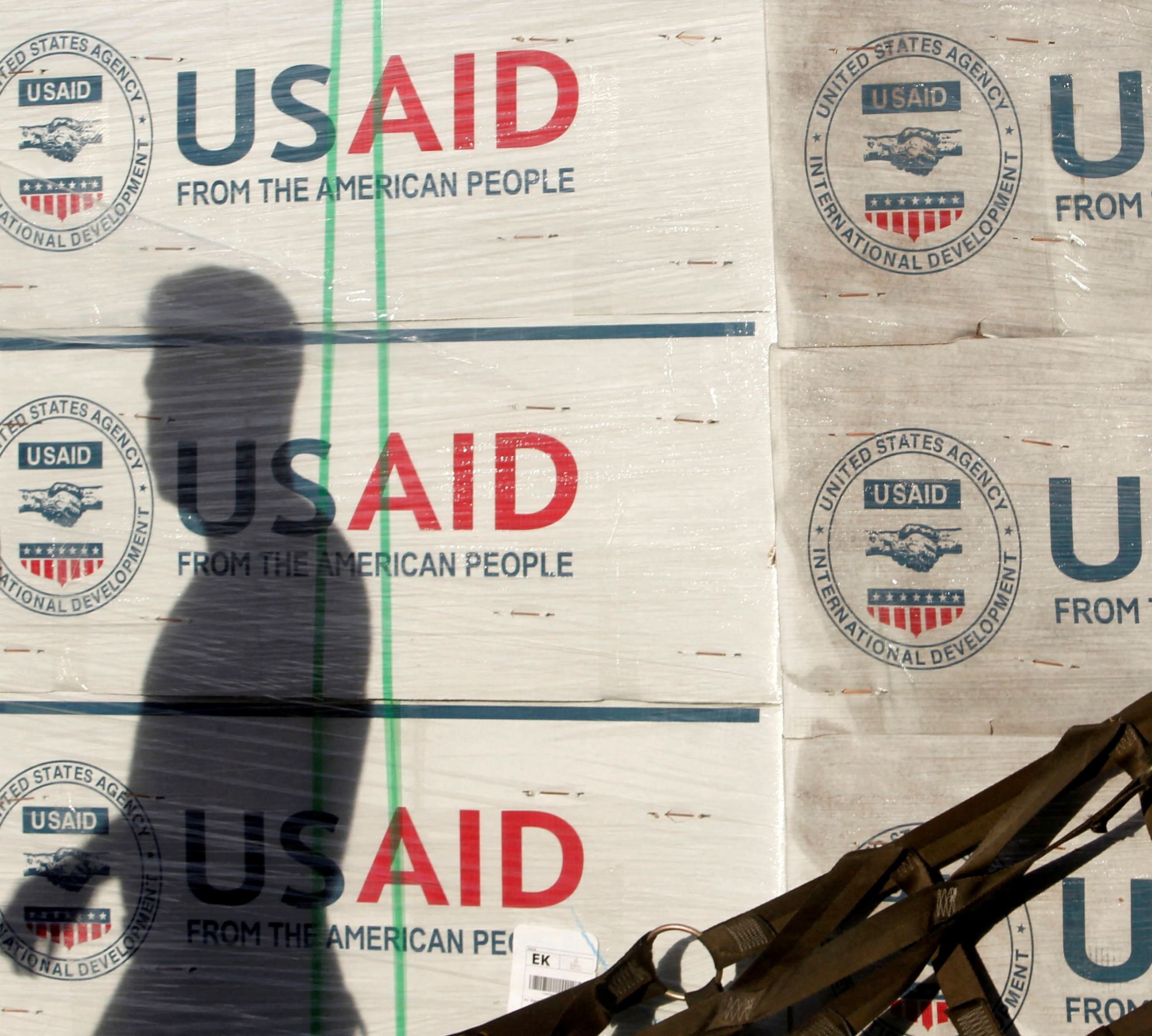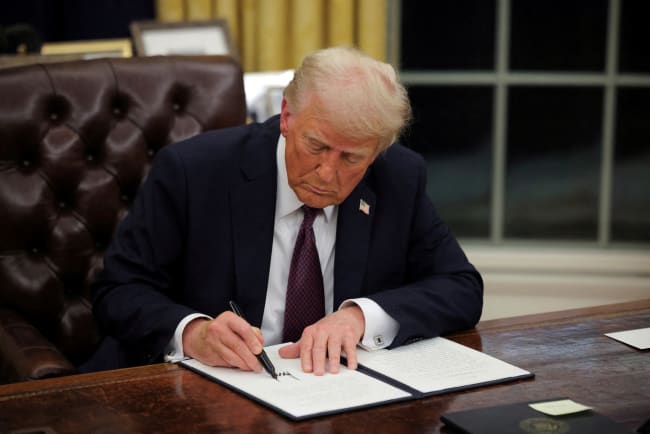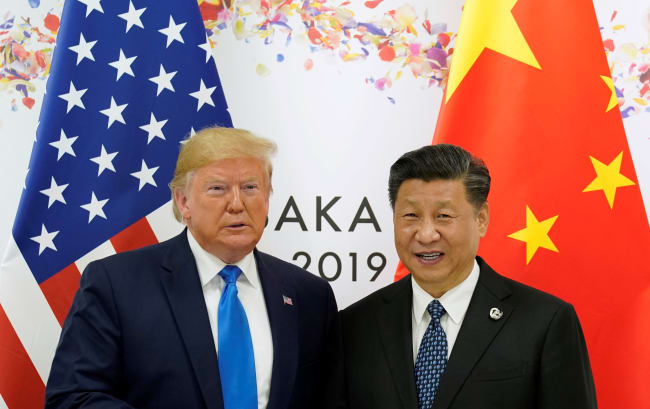President Donald Trump's day one executive order on reevaluating and realigning U.S. foreign aid and his subsequent stop-work order have suspended all existing and pending overseas humanitarian projects for 90 days as they undergo review, targeting the work and staff of the U.S. Agency for International Development (USAID). Less than two weeks after that order, Secretary of State Marco Rubio issued a waiver for lifesaving humanitarian assistance during the review period.
Without optimal staffing that aligns with how the health supply chain works, the waiver will not achieve its objective of delivering medicines to those who need them. After the massive staff layoffs at USAID, the decision-making process, resources, and staffing are severely misaligned for the supply chain to deliver anything effectively.
USAID has been finely tuned over the years to follow well-established operating procedures designed to balance speed with integrity. Now the organization must rely on a highly centralized decision-making process, even for routine supply chain decisions, that will disrupt its ability to provide lifesaving medication and supplies.
To guarantee an uninterrupted stream of quality health products and services for millions of patients when one organization or agency doesn't own the supply chain fully, USAID should balance efficiency with compliance on quality and integrity of the supply chain. Managing and operating large-scale supply chains in low- or middle-income countries (LMICs) involves a high degree of uncertainty and risk, and USAID is under constant scrutiny regarding any such risk.
As a result, the agency has designed systems and measures to reduce risks that require more compliance staff, more reporting, and more exchanges of information.
In some cases, lifesaving activities for an acute disease, such as malaria, might not resume under the waiver
The challenge of reconciling compliance, speed, and innovation in USAID global health programs should be a separate discussion. The trade-offs involved and the measures required for that have no direct connection to the executive order, the stop-freeze directive, or the humanitarian waiver and its implementation.
One little understood part of USAID health programs is the immense supply chain network involved in transporting medicines, diagnostics, and other health products to patients.
For that supply chain to function, multiple exchanges of information, plans, compliance confirmations, and performance data among various stakeholders are needed. Actors involved include mission staff, compliance and contracting teams, implementing partner staff both in Washington, DC, and in the recipient country, as well as numerous subcontracted logistics companies, suppliers, and freight forwarders.
What Constitutes Lifesaving Products
Given that Rubio's waiver coarsely defines lifesaving medicines and services, USAID's activity managers cannot easily determine whether it applies to the activities they undertake and fund. Therefore, decisions need to be made by senior management, and in many cases the waiver decision needs to be vetted and confirmed by the USAID general counsel.
To explain the complexity of determining which treatments are lifesaving and which aren't, take the example of laboratory reagents.
At first glance, laboratory reagents—chemicals required to detect pathogens or other abnormalities usually on blood, urine, or sputum specimens—might not be viewed as lifesaving. For someone on antiretroviral therapy for HIV treatment, however, lab testing is essential to determine whether their treatment regimen is effective in lowering their viral load and can make the difference between life or death. Though seemingly straightforward in terms of logic and morality, determining which services are lifesaving is not legally foolproof, and the final decision is in the hands of the general counsel.
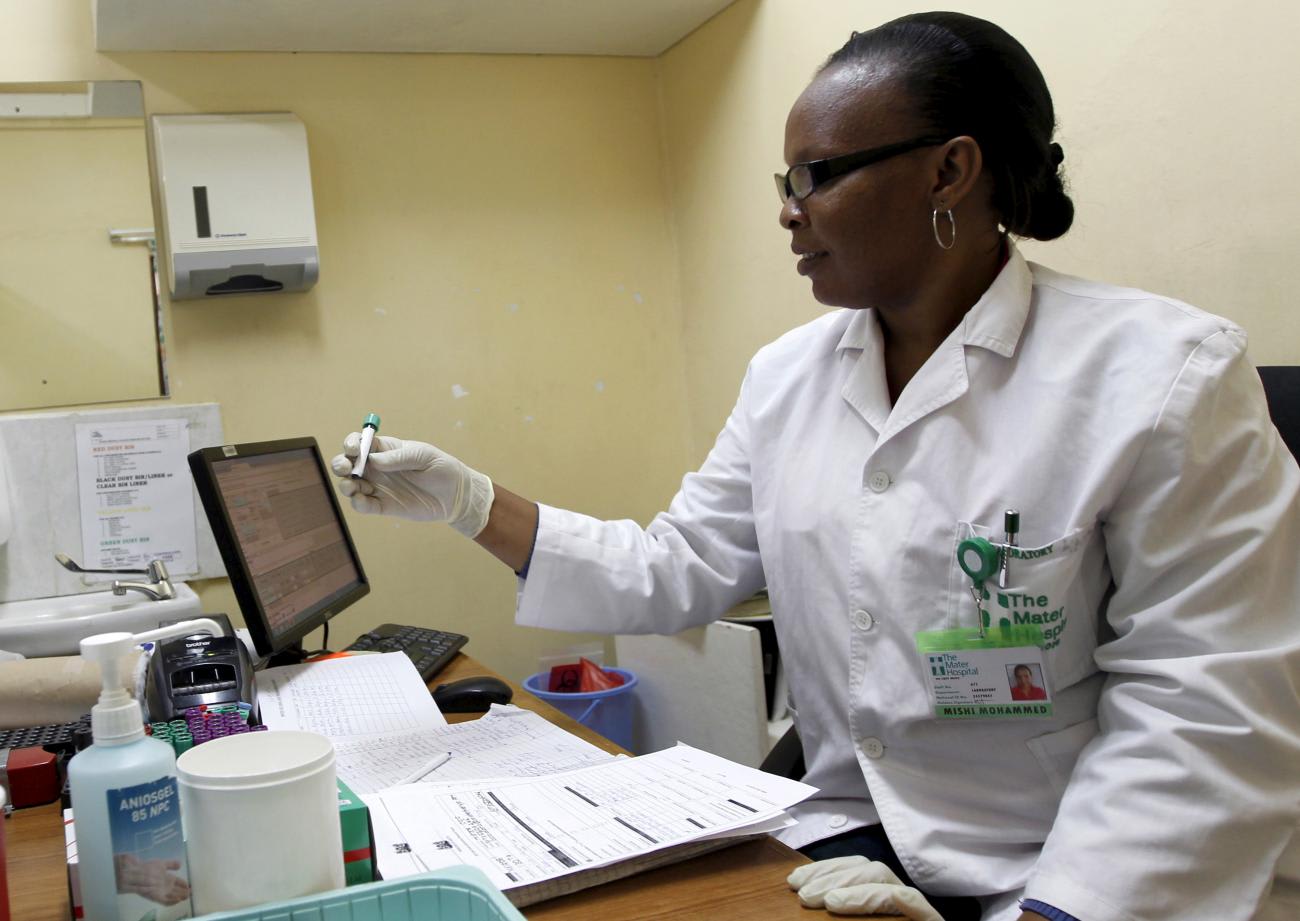
Other scenarios such as whether providing a forecast of orders for the two months to a pharmaceutical manufacturer so that it can plan its production and dispatch medications also raise the question of whether such services are legally determined as lifesaving.
When activity managers bring such requests to the general counsel, they risk creating a backlog, slowing the distribution of lifesaving medicines and services.
A recent memo from the State Department's Bureau of Global Health Security and Diplomacy attempts to bring clarity to some of these questions marking a positive step toward operationalizing the waiver for HIV programs.
In some cases, lifesaving activities for an acute disease, such as malaria, might not resume under the waiver. Due to the massive layoffs, USAID may no longer have the technical personnel focusing on malaria programs to request activities to deliver malaria medicines under the waiver. For children suffering from malaria, that lack of support could result in death.
Supplying Lifesaving Medicines Begin With a Demand Signal
All supply chains start with a demand signal or an order from a customer. In the case of USAID, staff in the receiving country's Ministries of Health are the ones who work closely with other USAID mission staff and implementing partners to determine what medications and services are needed, the necessary quantities, when the products should arrive, and the best mode of transportation. This information is obtained in cycles of planning that require Washington-based USAID staff, mission USAID staff, country counterparts, and implementing partners to collaborate extensively.
Assume that a USAID activity manager with support from senior management and vetting from the general counsel receives approval to carry out an activity under a waiver. That manager then needs to figure out the budget and reconcile it against budgets established in the annual operating plans. Once those process steps are completed, the contracting officer and their technical staff can issue instructions to implementing partners to procure medicines and health products, ensure quality assurance, carry out international shipment, port clearance, obtain required regulatory permission and duty exemptions, conduct in-country logistics, and more.
USAID's biggest implementing partners have lines of credit established with USAID, where they can draw down on monies in a 30-day cycle depending on the expenses they have incurred for an activity (e.g., procuring and shipping medicines). The suspension of foreign aid and stop-work order, however, freezes those lines of credit. Private banks are unlikely to provide working capital given the risks associated with lending. For smaller subcontractors and implementing partners who have thin lines of credit from the local banks, Trump's executive order is even more damaging.
Picture a small logistics company in east Africa with limited working capital: It will likely no longer have the funds to carry out the lifesaving activities under the waiver if its local credit officer has been following media reports about the executive order and stop-work order and is wary of risk of offering a discounted rate line of credit to the company for its USAID business.
Even when things stabilize, the global health supply chain could experience a large bullwhip effect
The Prompt Payment Act, which requires federal agencies to pay bills on time and pay interest penalties for late payments, may not apply to foreign subcontractors such as the logistics company in this example. In the past, USAID's payment timeliness to small local companies made USAID a respected customer in local markets for such services. In fact, USAID acted as an anchor market creating agent in some sectors, including logistics services.
For some implementers, the risk of nonpayment extends beyond financial risk. Although an activity order from a federal government agency is typically a legally enforceable legal document, the stop-work order introduces the risk of there being no USAID contracting officer. The executive order also introduces legal ambiguity around whether an activity falls under the scope of the waiver.
Without an officer to supervise the payment or a clear definition of what activities are lifesaving, carrying out such activities becomes too financially and legally risky.
Performance Reporting
To make this complex supply chain work, USAID uses a number of performance indicators and tracking systems that monitor orders, distribution, delivery, and end-use verification.
Some of the data that feeds into the performance indicators comes from country counterparts with whom USAID mission-level technical staff build relationships to ensure that data are fed into the tracking systems accurately and in a timely manner. In the absence of such staff, it becomes unclear who would facilitate the data sharing for such tracking systems and performance dashboards. Although some artificial intelligence enthusiasts have suggested that the technology could help automate some of those processes, supply chains, especially those in LMICs, are currently far from that reality.
The long-term consequences of the executive order and stop-work order are not the focus of this article. But reestablishing systematic data reporting if it ceases for a period of time, building the relationship with the country counterparts who control the demand signal, and obtaining the competitive prices USAID receives from pharmaceutical manufacturers would all be at risk.
Even when things stabilize, the global health supply chain could experience a large bullwhip effect because of disruptions to the planning cycle, stuck inventory, and the differing responses of each supply chain actor. To mitigate the supply chain risks that come with Trump's executive order, Rubio, as the acting administrator of USAID, should designate a comprehensive, end-to-end supply chain perspective on the actions necessary to ensure that lifesaving medicines reach patients in USAID programs. Even for the temporary period, staffing and planning decisions should by guided by critical path analysis to ensure that essential tasks have a dedicated officer, can access the necessary resources, and are positioned in the right location.
Although USAID's stop-work order is harmful to the hundreds of millions of patients and detrimental to U.S. national security interests, the lifesaving waiver announced by Rubio could help reduce the negative impact on USAID's lifesaving health programs, but it requires proper implementation with optimal staffing and resources.
Having dedicated my entire career to global health supply chains, I cannot accept a lack of attention to detail in the policy steps required to operationalizing a waiver with the potential to save millions of lives—especially from the State Department—where precision in strategy design and its operational execution is fundamental.
